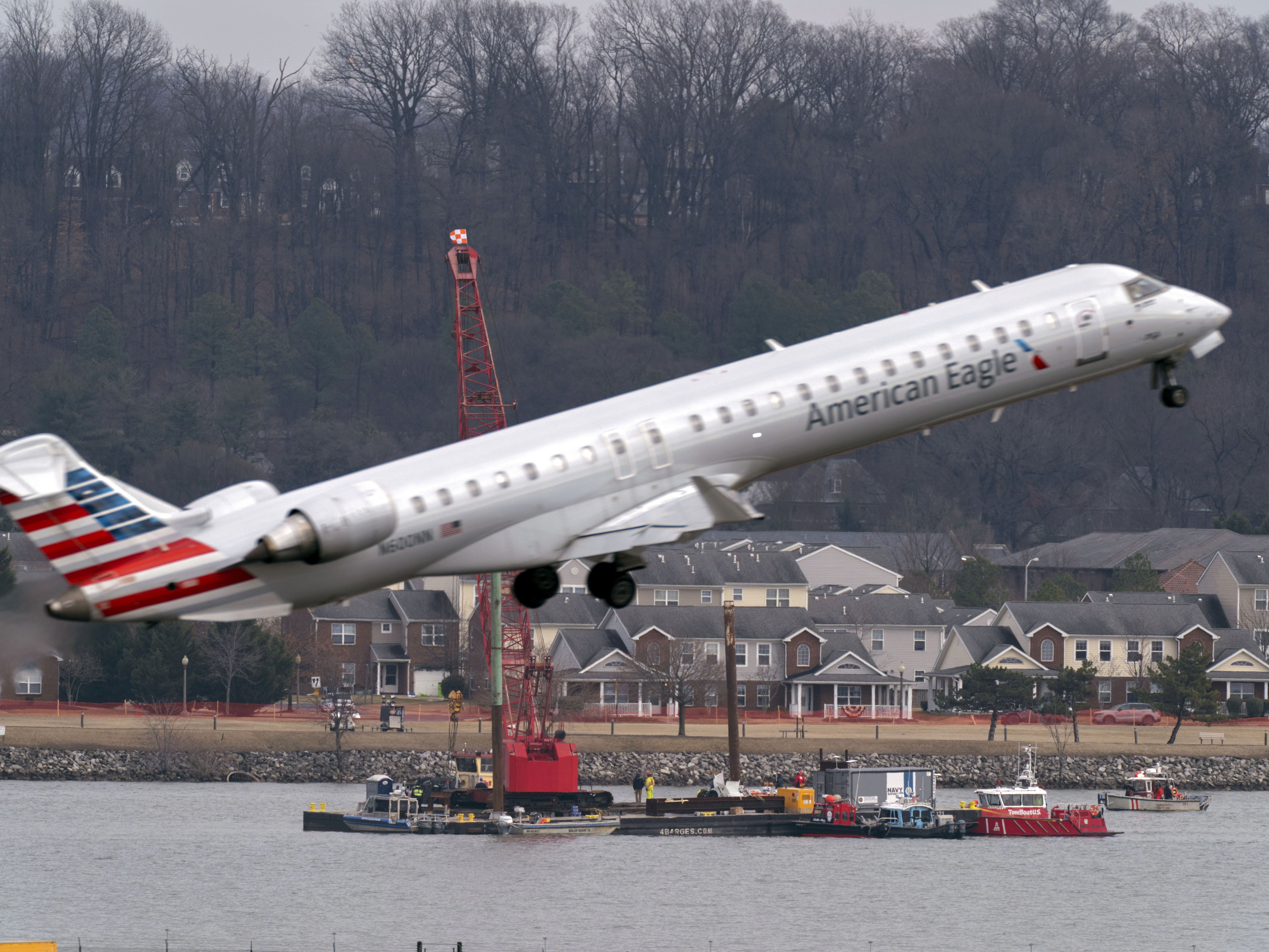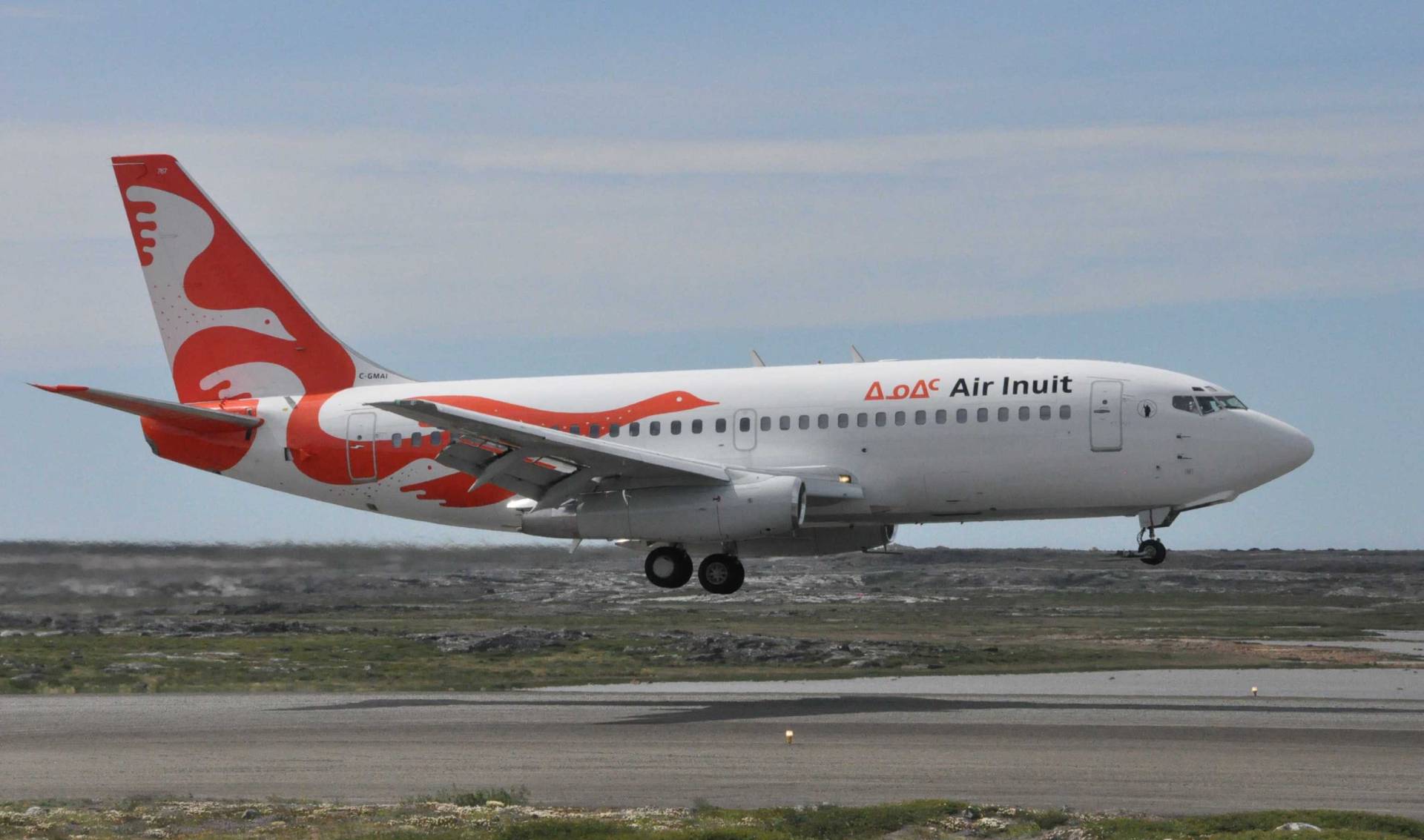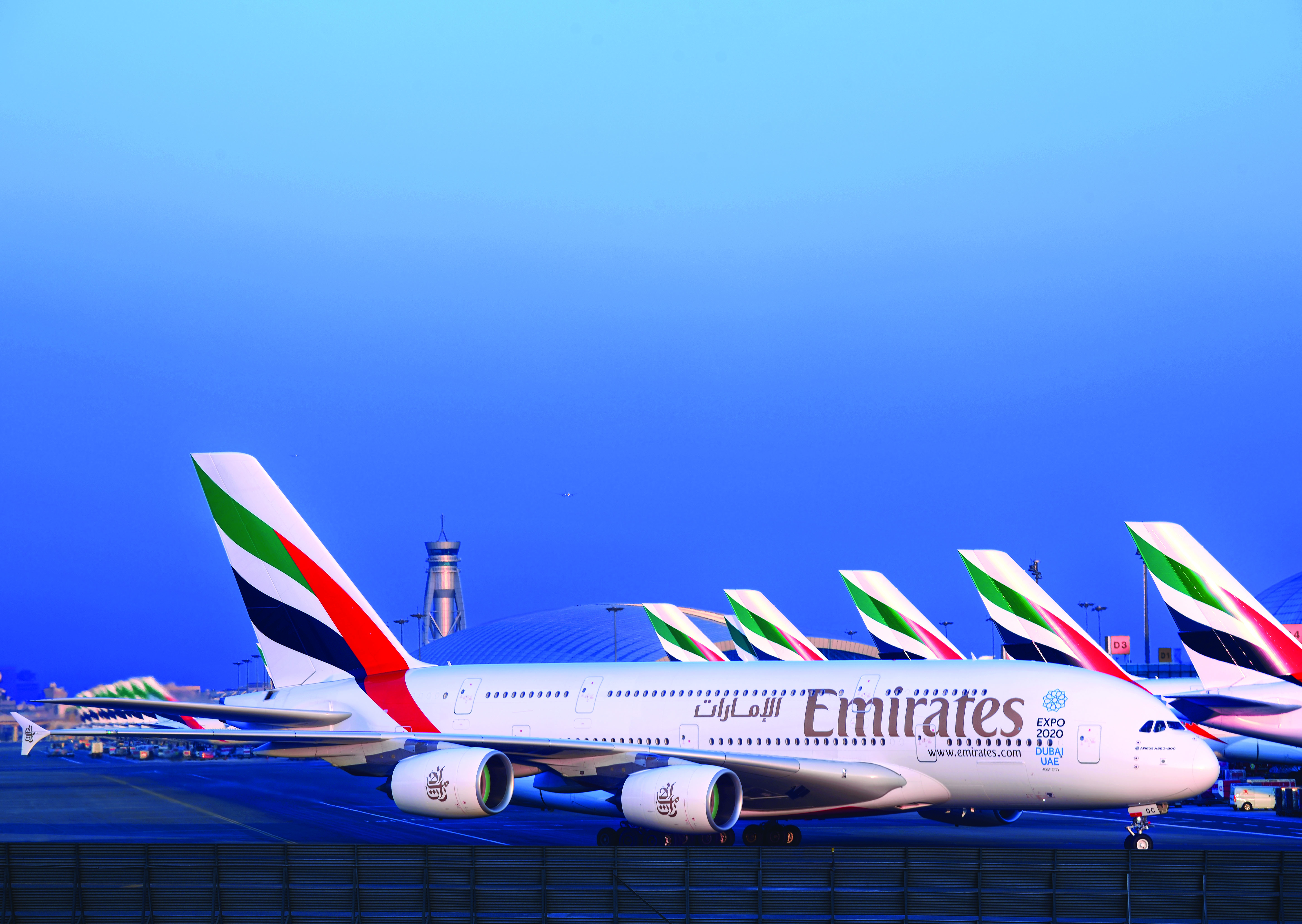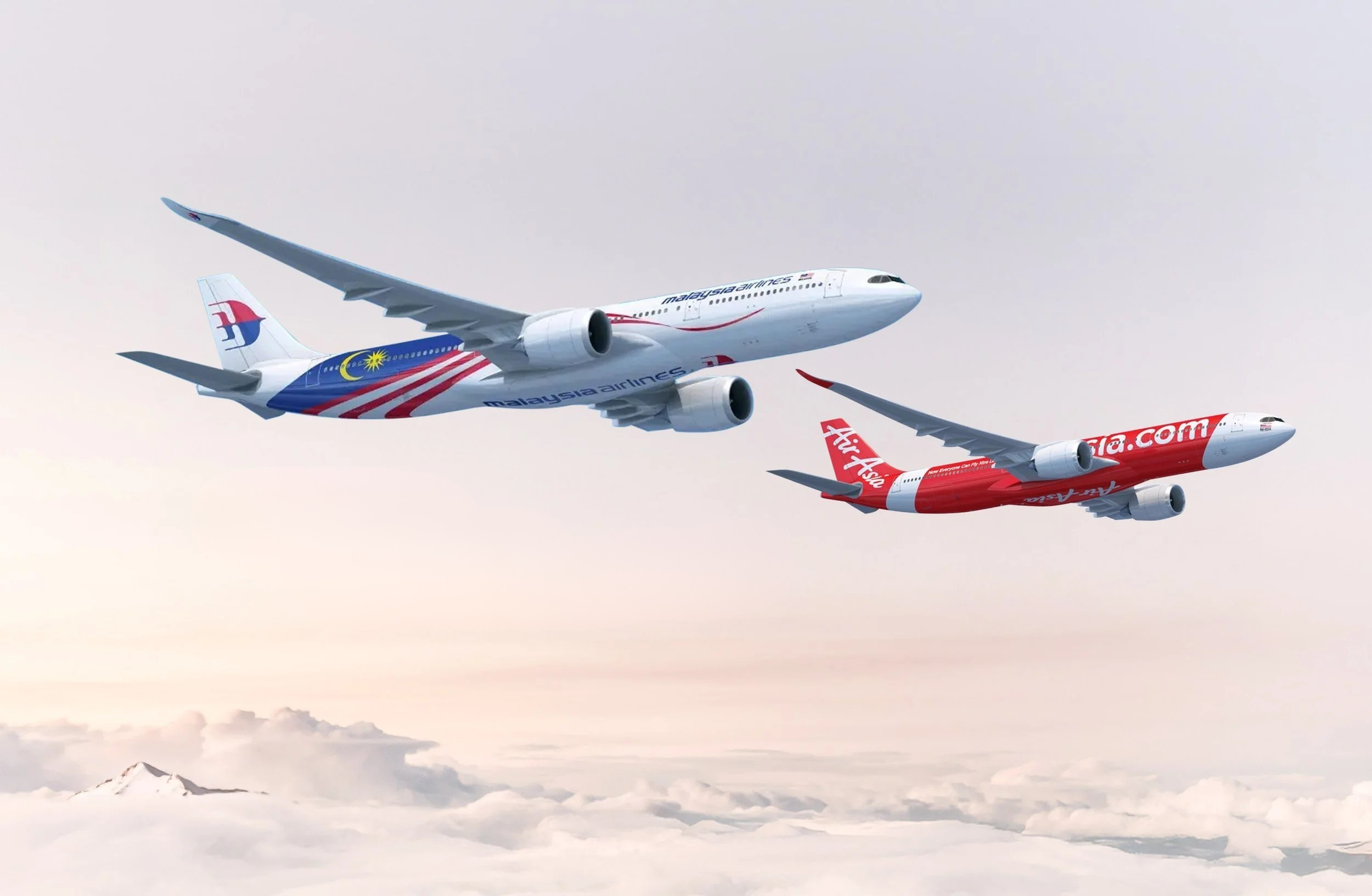Artificial intelligence that personalises global travel, a fragmented world with destinations off limits and the growth of Asia while Western nations stagnate.
These are some of the scenarios raised in a report on potential travel industry trends produced for global reservations giant Amadeus.
The report, “What if? Imagining the Future of the Travel Industry”, was produced by management consultants AT Kearney comes up with four scenarios named after famous artists in its attempt to assess “what might lie over the horizon."
The parties say they undertook the scenario-planning project to study the impact of disruptive trends on travel industry players as well as Amadeus’ business.
“Technology has never held more promise for the travel industry,” Amadeus IT Group vice president of corporate strategy Alex Luzarraga says in the report.
“But the status quo is being turned on its head. There is widespread mistrust and populism. Things we used to take for granted, such as the right to travel across Europe without passports, for example, may be less likely in the future.”
The report identifies two key areas: a technology-driven move to more personalised travel versus the mass-market version and seamless travel versus segmentation.
Looming over this is widespread unease about the ability of tech giants such as Google and Amazon to colonise “large swathes of travel ecosystem’’, disrupt long-standing relationship and act as gate keepers between companies and consumers
It uses these to create scenarios ranging from travel dystopia to a nirvana of economic prosperity, data sharing and relaxed regulation.
The familiar Picasso scenario is built on a fragmented world marked by the rise of populism and heightened security concerns. The European Union begins to break-up due to the rise of anti-immigrant sentiment and a protectionist US alienates China and Mexico.
Nonetheless, global economic prosperity drives consumer wealth and demand for personalisation and companies invest in innovative technology to offer more sophisticated personalised offers — but only up to a point.
The global distribution system remains relevant because the fragmented world still needs aggregation platforms to compare prices and availability but the sharing economy changes the way travellers shop, book and experience a destination.
Travel agencies are potential losers in this scenario airlines risk becoming a commodity rather than a first step in planning a journey.
Artificial intelligence is a player in the somewhat surreal Dali scenario. This ratchets up the corporate optimism to assume both social attitudes and economic prosperity leads to more data sharing, relaxed privacy legislation and lighter regulation.
The world becomes interconnected and the Internet of Things allows an unprecedented amount of personal data to be extracted.
There are fewer security controls at borders, real-time information is available about unforeseen events such as flight delays, driverless cars wait at destinations and automatic translation allows communication between people who speak different languages.
“Artificial intelligence has real-life applications, including the ability to predict personal preferences and push suggestions for a holiday or business trip,’’ the report says.
“Voice recognition is refined and digital assistants such as Apple’s Siri and Amazon’s Echo replace online search engines as the preferred channel of finding information.’’
The consultants concede there could be a backlash against machines following our every move but say travellers living in the Dali scenario would see faster, cheaper and safer travel.
Not surprisingly, winners in this scenario include cybersecurity and technology companies with global distribution platforms morphing into intelligent platforms providing directly comparable data without the distortion of advertising algorithms.
It is left to Hieronymus Bosch to lend his name to the darkest scenario in which nationalism and economic recession combine to breed protectionism and distrust.
There is little collaboration when it comes to data sharing and consumer data stays within the country in which it is generated.
The pace of innovation slows, tech giants and the sharing economy face a regulatory backlash and fear of terrorism, including cyber-terrorism, makes travel more cumbersome and costly.
Tech giants, unable to harvest data across borders and stymied by hostile regulation, are losers in terms of their travel aspirations while the scenario is good news for travel agencies.
“Business costs rise as companies struggle with a mosaic of legal, tax, labour and data protection laws,’’ the report says.
Pop artist Andy Warhol heads a fourth scenario involving a standardised world in which consumers become more price sensitive and are unwilling to pay for personalised packages.
Under this scenario, Asia grows but the West stagnates and innovation is localised because of strict privacy laws.
A rising Asian middle class, albeit with less spending power than their counterparts in US or Europe, sees local and regional tourism grow rapidly with a proliferation of local and regional airlines.
Sluggish growth in The West diminishes the demand for personalised travel but potentially boosts the sharing economy.
Profit margins come under pressure in an environment that encourages consolidation to form global groups of hotels airlines, airports.
“A consequence of a more standardised world is that travel services become more of a commodity,’’ Amadeus director of corporate strategy Rafael Hernandez says of the Warhol scenario.
“If travellers don’t want to pay for tailored plans, there will be more standard offers. For travel agencies, it will be more difficult to compete with the tour operators and their offer of standardised package tours. Tech giants will find the industry less attractive.’’
Have questions or want to share your thoughts?



.jpg)


